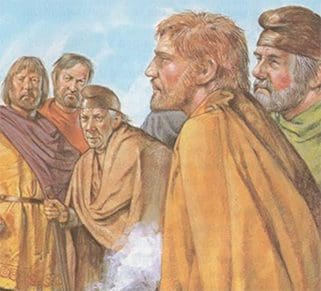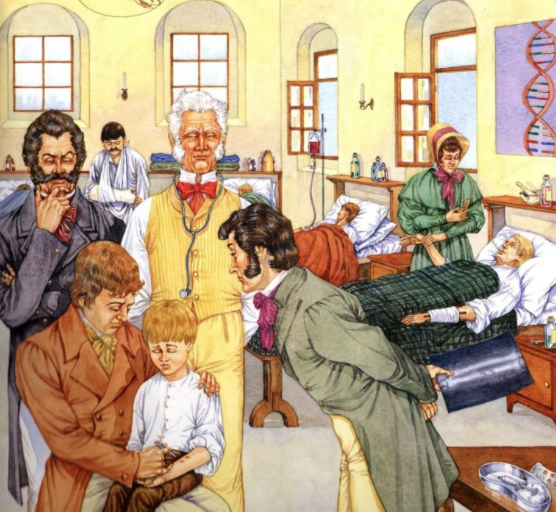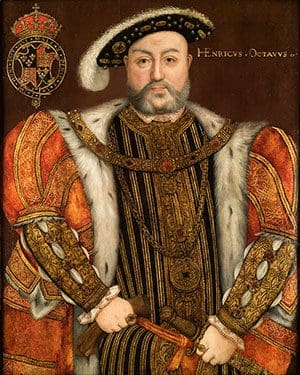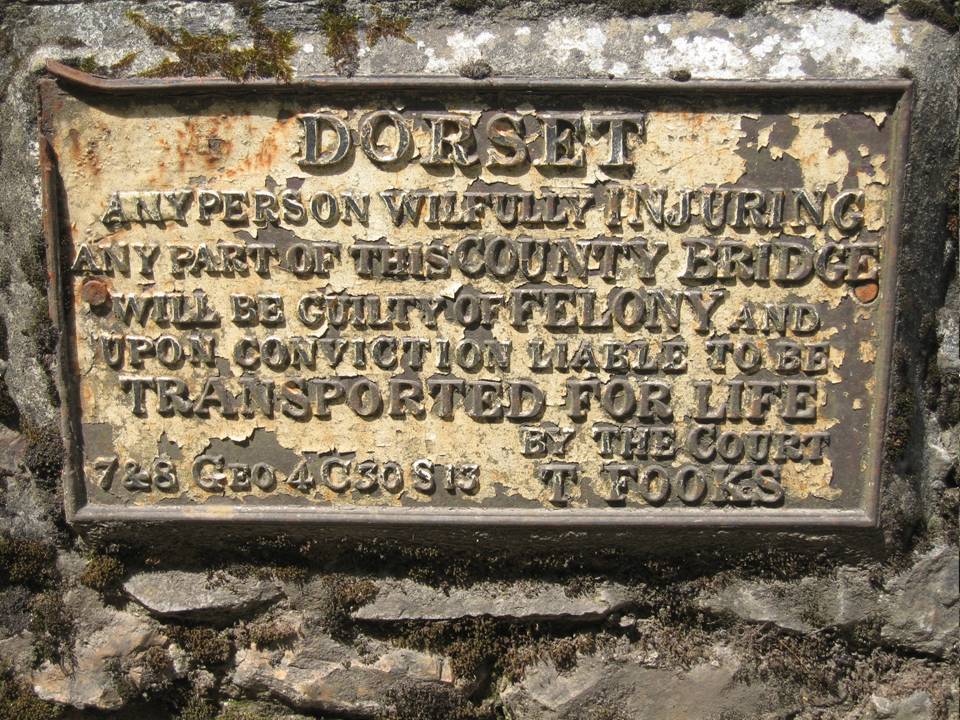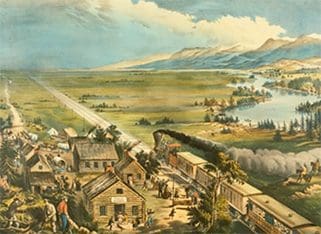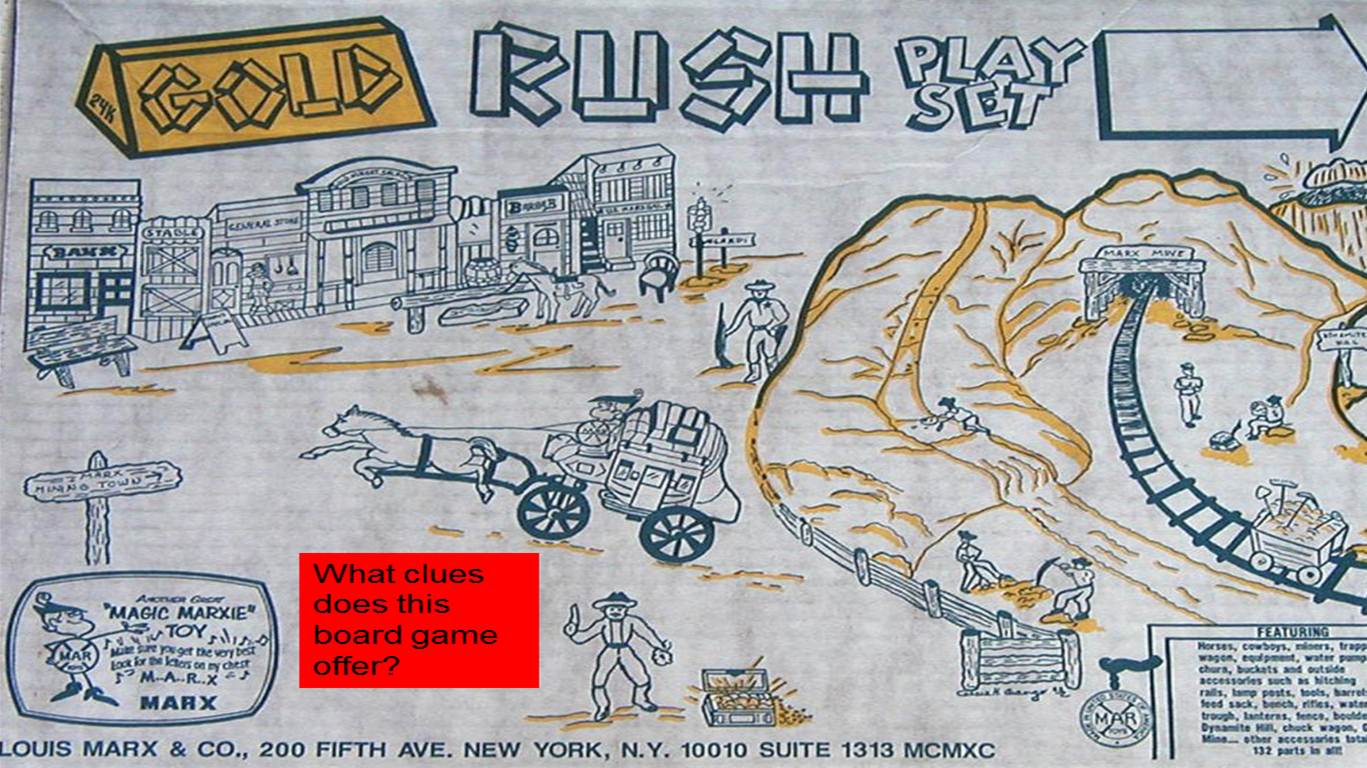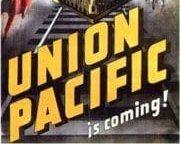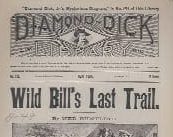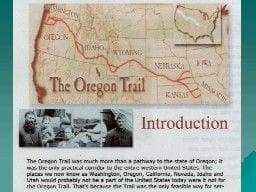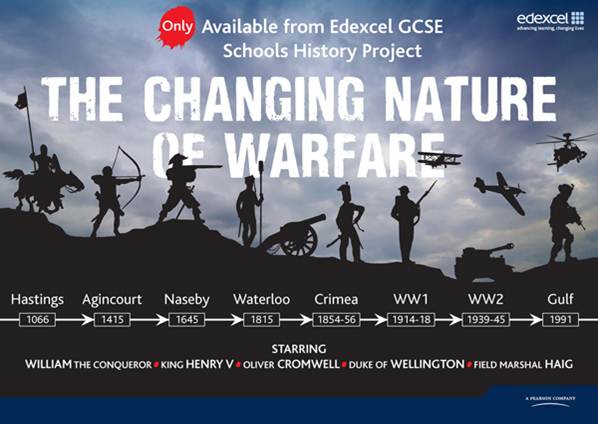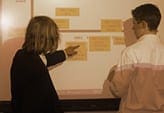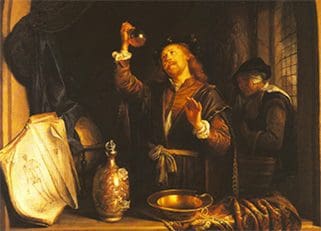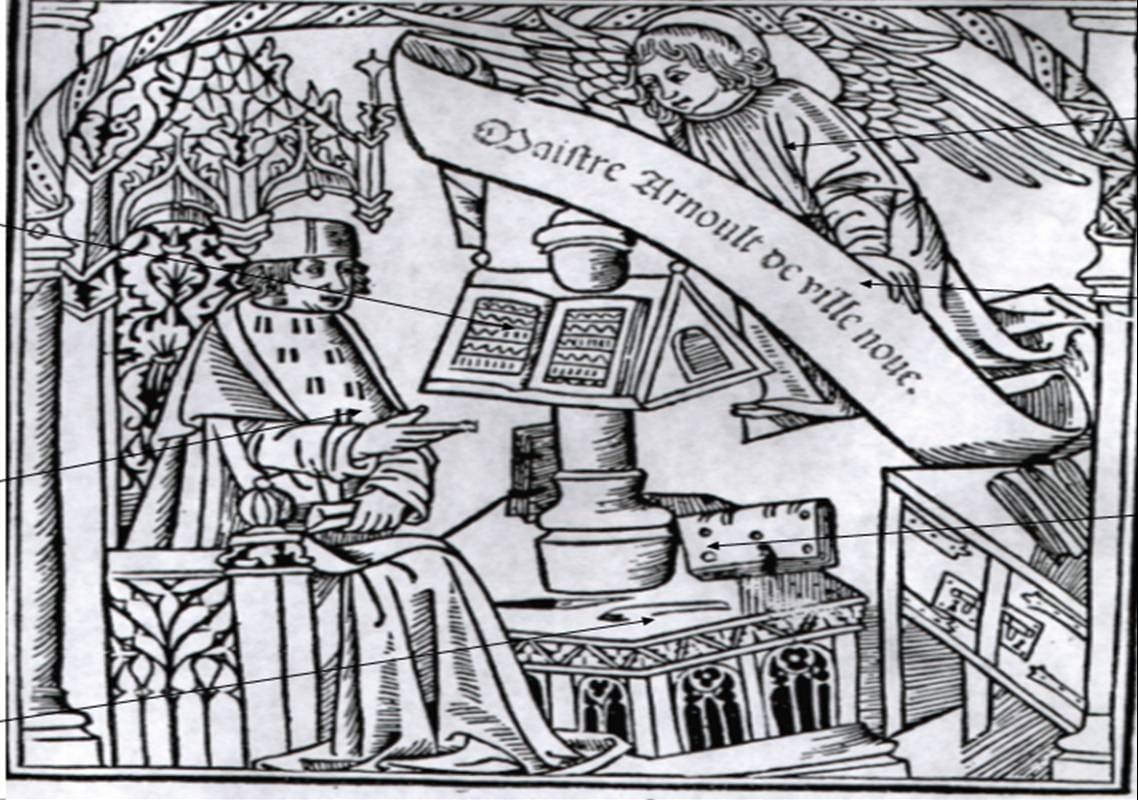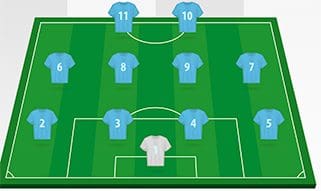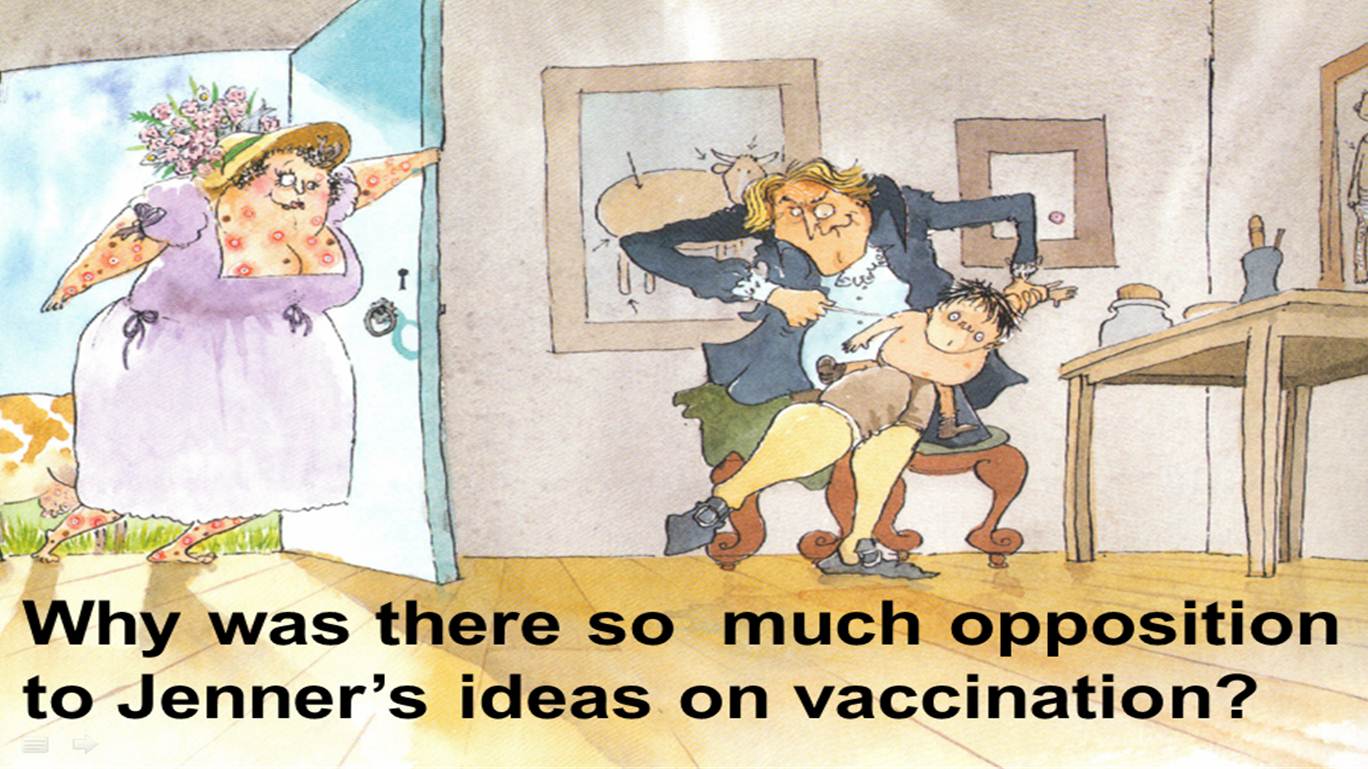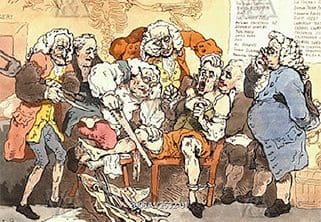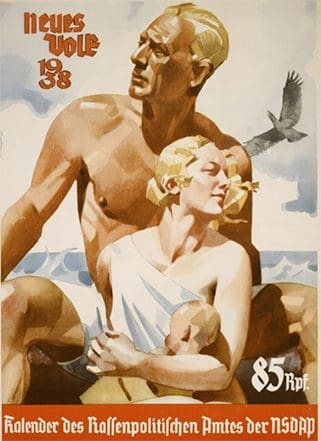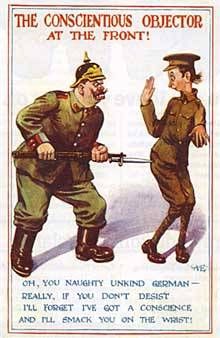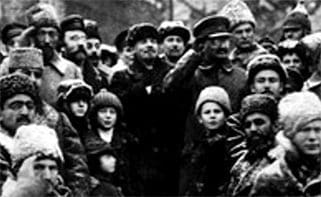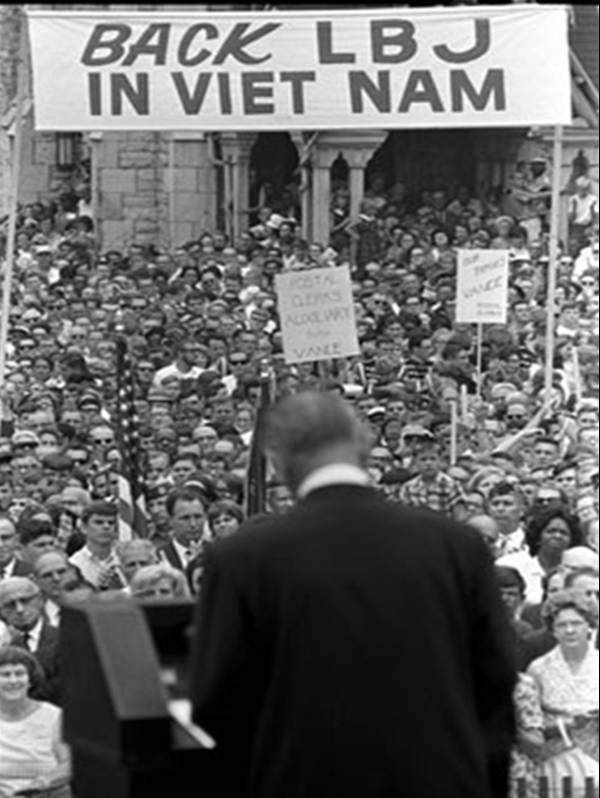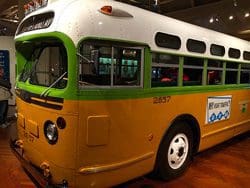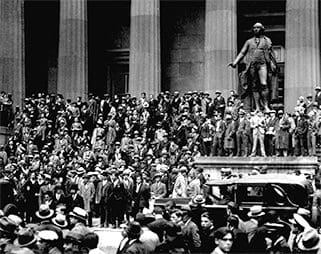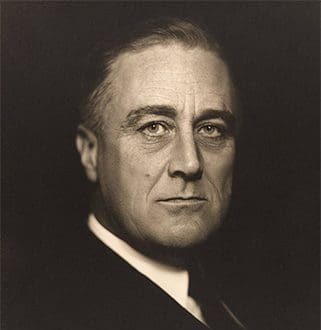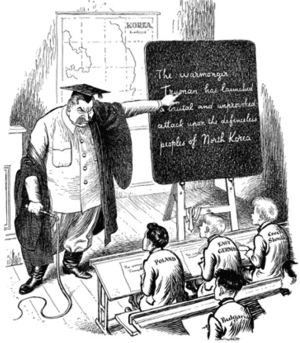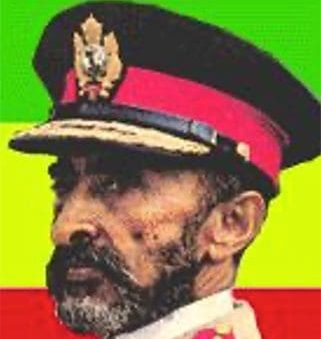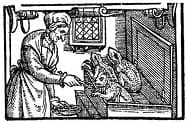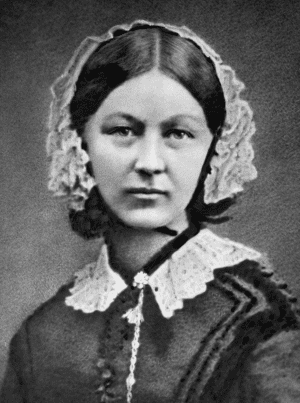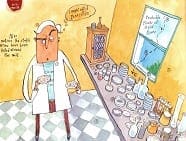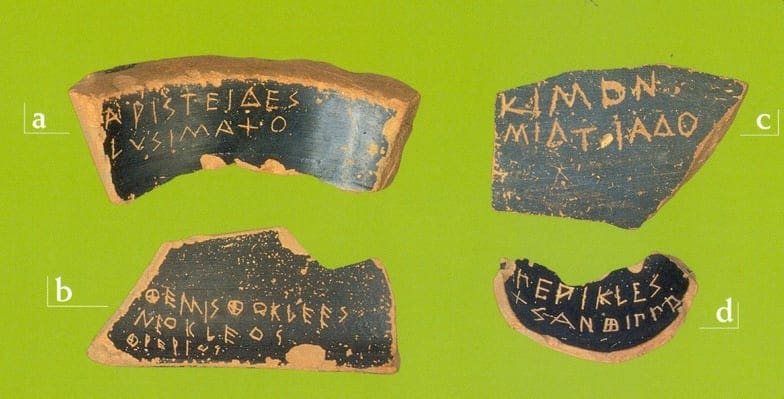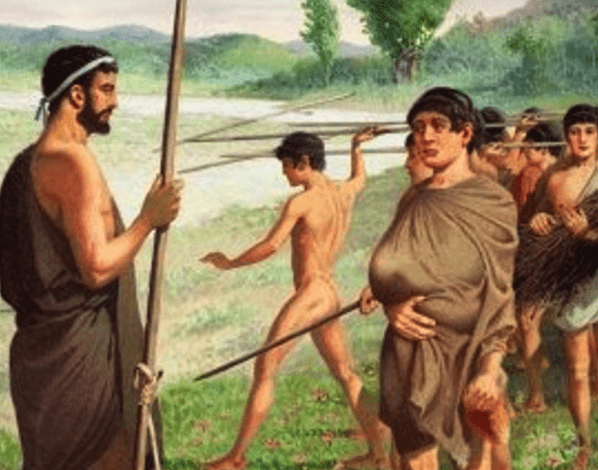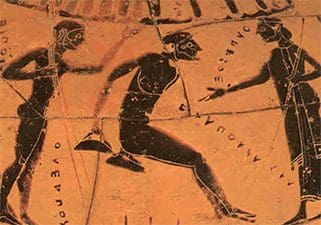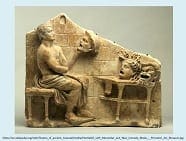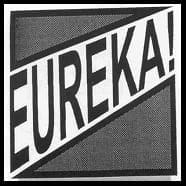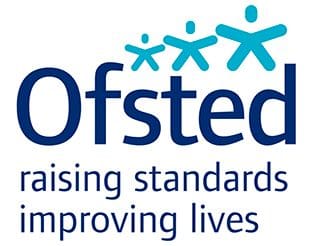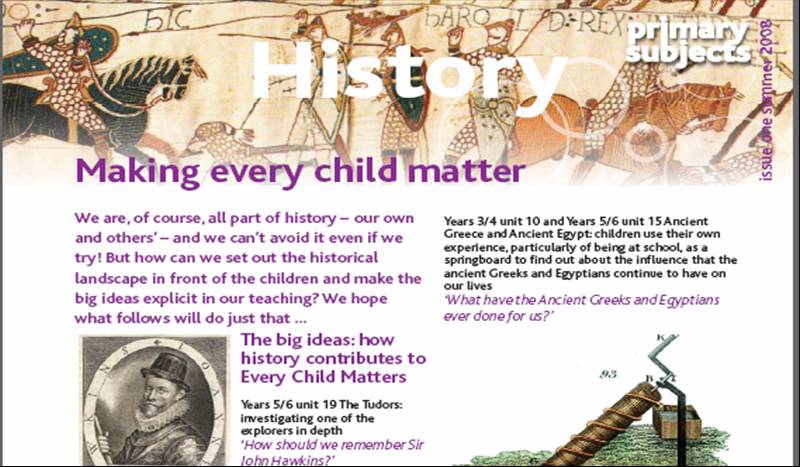Keystage history
What have the Anglo-Saxons ever done for us? Some KS2 answers
If you asked Michael Wood what the Anglo-Saxons ever did for us he would give a very full and erudite…
Read MoreUsing data to improve history teaching and learning at Key Stage 1
Given that there is no subject-specific data on history at KS1 this might seem a strange inclusion on the site. …
Read MoreHistory teachers take lead in helping pupils spot fake news
Learning to identify fake news online requires a set of skills and knowledge that help you evaluate information. You also…
Read MoreFun anachronism-spotting activity set in 1796, for GCSE History of Medicine
Most anachronism activities used in schools are the rather naff ones put before Y7 pupils in an introduction to What…
Read MoreOutstanding new KS2 Tudor Britain planner now available
If any of you have been waiting for the new up-dated Tudor planner, you can now request it via email…
Read MoreTransportation; what questions can we raise and answer from the statistics?
This is the first of two lessons on transportation and owes its genesis to an idea from Richard McFahn when…
Read MoreSMART TASK: A history puzzle – Opening up of the Western frontier by the railroads. A history mystery
This history puzzle focuses on a well-known painting, Across the Continent, but one which is actually more puzzling than might at…
Read MoreSMART TASK: Why were mining towns such lawless places?
This is a very straightforward, yet highly effective task which asks students to distinguish between the generic and the specific,…
Read MoreThe likely impact of the Railroad: time for de Bono’s thinking hats and some creative products
Students are taken back to the year 1860 before there was a transcontinental railway. They are asked to speculate about…
Read MoreWas the life of a cowboy really so adventurous?
This lesson draws heavily on the ideas of Sarah Herrity, Advanced Skills Teacher, Wyvern Technology College, near Winchester. It moves…
Read MoreWho went west and why?
This lesson worked really well with lower attaining Y10 students who had already studied the Plains Indians and the contact between…
Read MoreTeaching GCSE History: Changing Warfare (Edexcel)
This SHP option, offered by Edexcel only, builds on the success of the A2 paper for which colleges such as…
Read MoreTeaching GCSE History: Media Through Time
Your best place to start is undoubtedly the AQA scheme of work which offers learning foci for each of the three strands….
Read MoreSMART TASK: History of medicine Renaissance physicians; Is the artist taking the piss?
In this short activity students are shown two contrasting images of a physician inspecting a patient’s urine. Students have to…
Read MoreSMART TASK: Medieval medicine. What can we work out from the picture?
A smart task based on an original idea from Lorna Hunter, of Swanmore Technology College. This deceptively simple example of…
Read MoreSMART TASK Revision: name your best squad
To help students remember who the key individuals were in the history of medicine, you might like to present them…
Read MoreSMART TASK: Why was there so much opposition to Jenner’s ideas on vaccination in the 19th century?
This is a short, fun SMART task. All the instructions are on the PowerPoint presentation. Start with slide 2 which…
Read MoreSMART TASK Key Stage 4: GCSE SHP Medicine: 18th century surgery
This quick activity asks students to explore the detail in Rowlandson’s cartoon called ‘Amputation’. They score one mark for each…
Read MoreSMART TASK: Was the Weimar Republic doomed from the start? A glass half empty?
The lesson starts with a glass of water which you have filled to roughly half way. Students have to say…
Read MoreSMART TASK: How successful was Nazi policy towards women and families?
This short task was designed to combat the tendency many students have to simply describe rather than evaluate the policy. …
Read MoreSMART TASK: 10 features of the Cold War but can you spot them?
Students often learn about the Cold War in chronological order. This activity offers them an opportunity to explore 10 aspects…
Read MoreIdeas for teaching GCSE history Britain 1890-1918 using ICT
For suggestions for 20 top ICT activities using a wide range of data and applications click here to download PDF file. Resources…
Read MoreSMART TASK: Now you see it, now you don’t. A fun starter showing how Lenin and Stalin used the ‘airbrush’
Fascinating starter in which students have to spot and then explain the differences between three pairs of photos of Soviet…
Read MoreSmart Task: How popular was the Vietnam war? What can we learn from just two photographs?
This simple starter uses just two contrasting photographs, one showing the popularity of Johnson’s policy towards Vietnam, the other opposition…
Read MoreSMART TASKS: Why did the US get involved in the Vietnam War?
Three separate short activities help students produce a top grade answer to the question. Task I – brainstorming early ideas…
Read MoreSMART TASK: How significant was the Montgomery Bus Boycott in the history of Civil Rights?
Quick ranking activity for GCSE/AS students Students are asked to consider the relative significance of 11 possible arguments that have…
Read MoreSMART TASK: Causes of the Wall Street Crash
Students are given a set of influence cards which help them to work out the answer to an apparent paradox….
Read MoreHoover’s rubbish: Roosevelt moves in
This lesson on a fairly familiar theme approaches GCSE cartoon analysis in a different way. Instead of showing the students…
Read MoreSMART TASK Key Stage 4: Stalin and the Korean War: can you interpret the cartoon?
This Smart task uses a Punch cartoon as part of a lesson on the Korean War. It carefully steers students…
Read MoreSMART TASK: Why did Communism end when it did in Eastern Europe?
Prior to writing an answer to this question students will need to organise their thinking. These factor cards might help….
Read MoreKey Stage 4 Smart Task: Scoop! What on earth was going on in Abyssinia in 1935?
This task is run along the lines of a newsroom simulation. Students take on the role of an editorial team…
Read MoreSo you think your pupils know about Witchcraft in early modern Britain.
1. Were witches burned in English-speaking countries? A. No, they were hanged not burned, because witchcraft was a felony. This…
Read More2 fun facts for pupils studying Florence Nightingale at KS1 and 2 key learning points
Just thought these two fun facts might interest your pupils, building on infants’ interest in animals rather than death rates…
Read More5 quick ideas to help you to develop pupils’ genuine historical understanding at KS1 and 2
Try to develop a sense of adventure which motivates the pupils. The new lesson on Ancient Egypt has pupils planning…
Read MorePrioritising in history at Key Stage 4
As always there is a balancing act to be done. On the one hand you have to deal with the…
Read MoreDeveloping your staff at key stage 4
Teaching GCSE presents its own set of challenges, not least learning the code that you will need to crack to…
Read MoreMonitoring performance in history at KS4
The best way of monitoring students’ performance is to set frequent exam based activities, broadly under test conditions and then…
Read MoreUsing data in history at Key Stage 4
Twelve years or so ago the only meaningful data we had for GCSE was the percentage of students achieving each…
Read MoreRaising attainment at Key Stage 4
This section of the site contains four different types of advice. There is general advice, outlining factors that usually explain…
Read MoreSelf-evaluation in history at Key Stage 4
Getting ready for a history subject review: knowing what OFSTED inspectors are looking for and the criteria they are using…
Read MorePolicy and vision at Key Stage 4
Many of you will feel that having a separate history policy at Key Stage 4 is unnecessary, and yet you…
Read MorePenicillin: From discovery to world-wide use? Who should take the credit?
Students have to divide a $100 million bequest to those people who did most to develop penicillin. But in what…
Read MoreAncient Greece – KQ4 Part 2 – Making Greek democracy come to life – a ‘smashing’ lesson
This is a really fun, practical lesson involving smashed pottery, writing in Ancient Greek through black wax and deciphering each other’s…
Read MoreAncient Greece – KQ4 Part 3 – Would you have preferred to live in Athens or Sparta? Comparing life in Athens and Sparta: a short smart task
One way of bringing home to pupils what was so special about life in Ancient Athens is to compare it…
Read MoreAncient Greece – KQ4 Part 2 Additional information – Ancient Greek democracy. Or what links Red painted rope, an idiot ,and piloting the ship.
This article supports the fully resourced outstanding lesson on democracy that can be found here Democracy is made from two…
Read MoreAncient Greece – KQ5 Part 1 – What can we tell about the Ancient Greeks from a study of their Olympics?
We thought we would offer you a range of different cameos showing how the history of the Olympics could be…
Read MoreAncient Greece – KQ5 Part 2 – What can we tell about the Ancient Greeks from their interest in the theatre?
This key question is divided into two distinct parts, starting with Part 1 – the Olympics. This has its own…
Read MoreAncient Greece – KQ6 Part 1 – Under the Cloth: sorting the muddled collection. Is it all Greek to you?
Step 1 To introduce the notion of the Greeks having a major influence on our lives today use the activity…
Read MoreOFSTED and primary history-latest
Sean Harford recently criticised schools that force pupils to repeatedly practice comprehension exercises for KS2 tests and repeats concerns that…
Read MoreWhat is History?
12 key ideas young children need to grasp in history, and how they might do it. Most of you reading…
Read More
